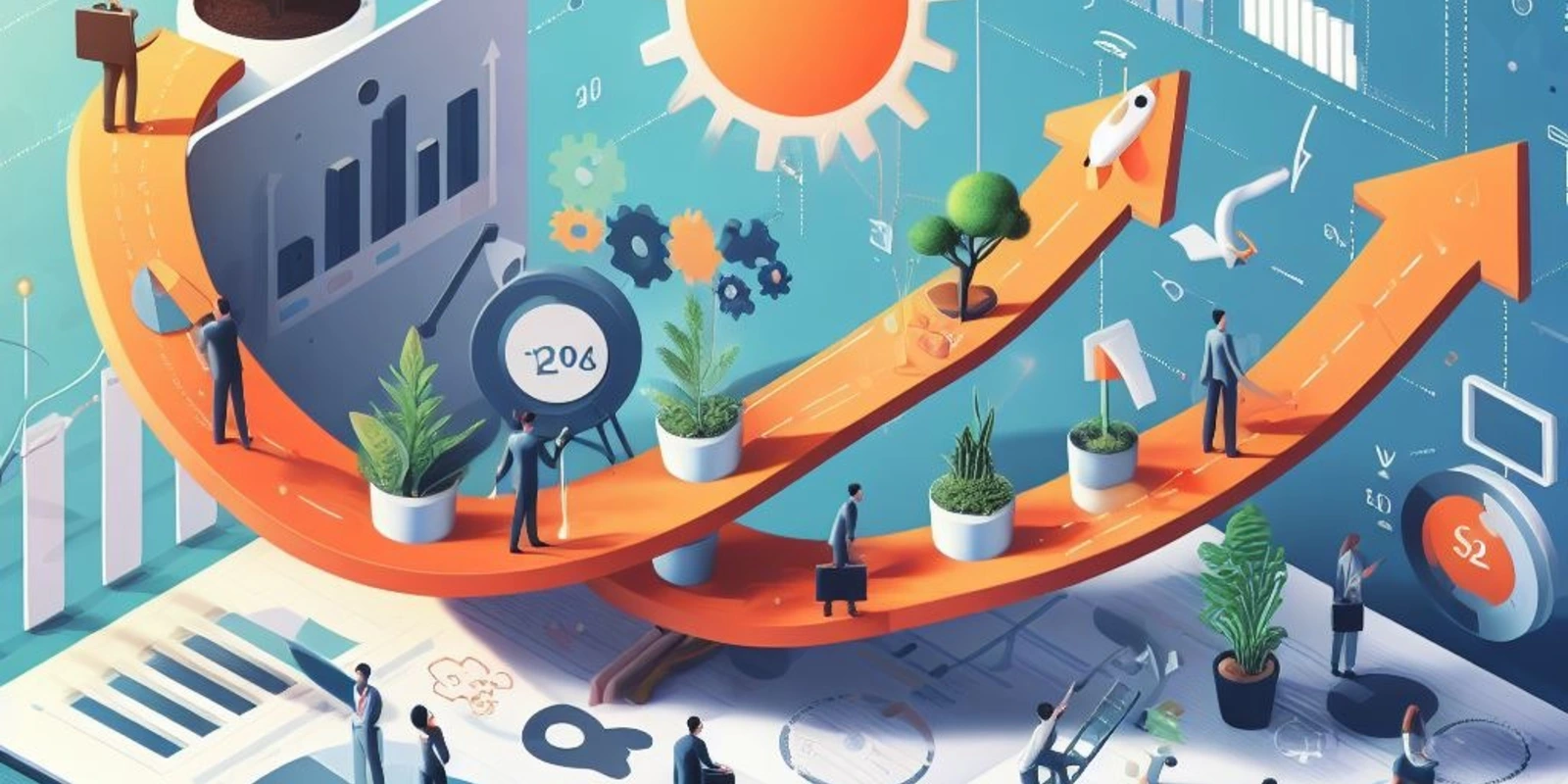
Analyzing the Growth of B2B vs. B2C Startups

The startup ecosystem has witnessed a paradigm shift in recent years, with both B2B (Business to Business) and B2C (Business to Consumer) startups making significant inroads. As these business models cater to different market segments, their growth dynamics, challenges, and opportunities differ substantially. This article delves into the comparative analysis of B2B versus B2C startups' growth.
B2B Startups: Characteristics and Growth Drivers
- Targeted Audience: B2B startups cater primarily to other businesses. This often translates to a narrower target audience but higher ticket sales or contract values.
- Longer Sales Cycles: Decision-making processes in businesses can be lengthy, leading to extended sales cycles for B2B startups.
- Recurring Revenue: B2B startups often benefit from subscription models or long-term contracts, ensuring a more predictable revenue stream.
- Challenges: Building trust is paramount. B2B startups face challenges in proving their reliability, scalability, and return on investment (ROI) to potential business clients.
B2C Startups: Characteristics and Growth Drivers
- Broad Audience: B2C startups target individual consumers, often leading to a larger but more diverse audience.
- Quicker Sales Cycles: Purchasing decisions by individual consumers are typically quicker, leading to shorter sales cycles.
- Brand Loyalty: Successful B2C startups often benefit from strong brand loyalty, driving repeat purchases and referrals.
- Challenges: The consumer market is highly dynamic and competitive. B2C startups need to continuously innovate to stay relevant and meet changing consumer demands.
Given these differences, it's clear that the growth trajectories of B2B and B2C startups differ. B2B startups might experience slower initial growth but can achieve stability faster with recurring revenues and long-term contracts. On the other hand, B2C startups might witness rapid initial traction, especially if they tap into a trending consumer need, but they face the challenge of maintaining that momentum.
Recent trends also indicate a surge in B2B startups, especially in sectors like SaaS (Software as a Service), fintech, and supply chain solutions. These startups are leveraging technology to solve complex business challenges, and as businesses continue to digitize their operations, the demand for such solutions is only expected to grow.
Conversely, B2C startups, especially in the e-commerce, health and wellness, and ed-tech sectors, have seen exponential growth, driven by changing consumer behaviors and technological advancements. The ongoing pandemic further accelerated the digital adoption among consumers, providing a significant boost to B2C startups.
In conclusion, while both B2B and B2C startups offer ample growth opportunities, their paths to success can be starkly different. Entrepreneurs and investors need to understand these nuances to navigate the startup landscape effectively and make informed decisions.







Your insights and experiences enrich our community. Dive into the discussion and share your thoughts with us below!